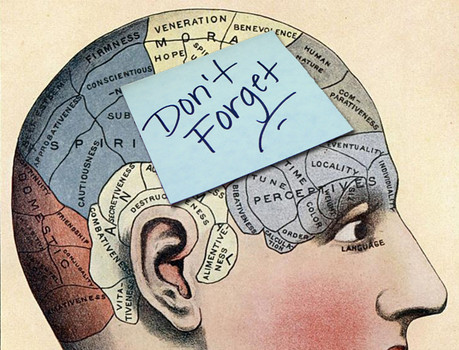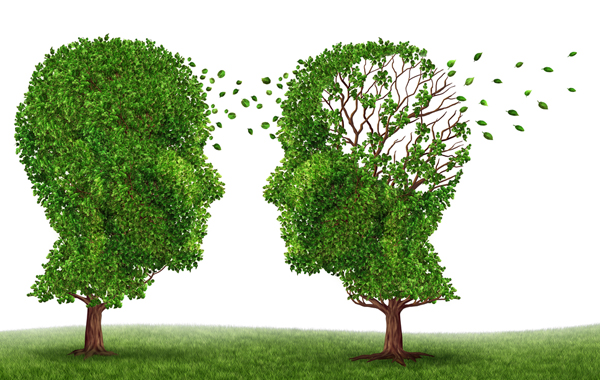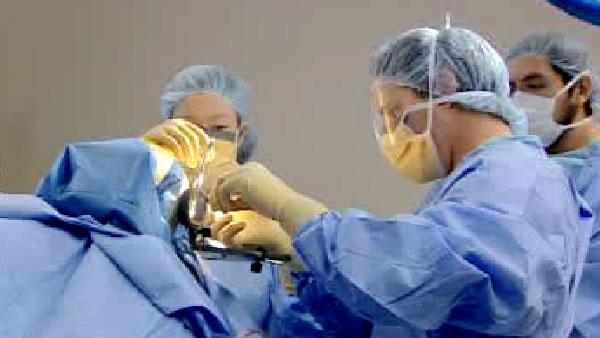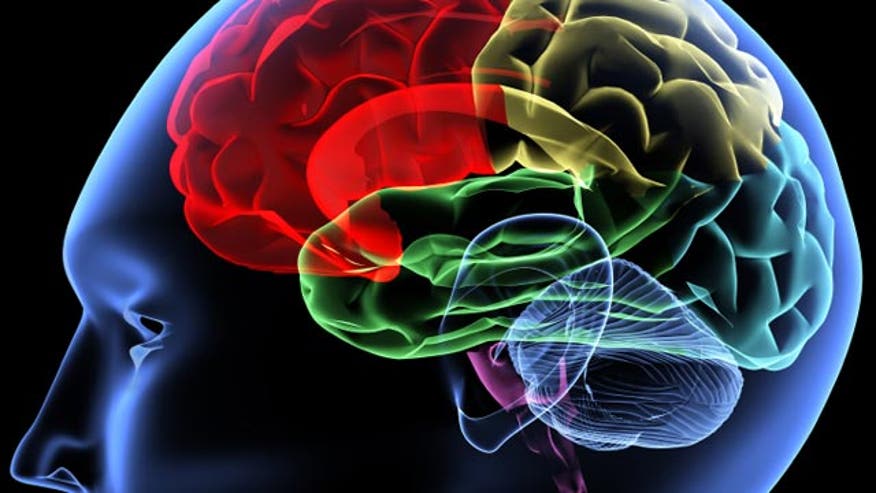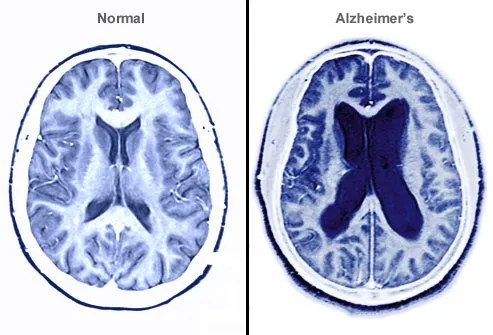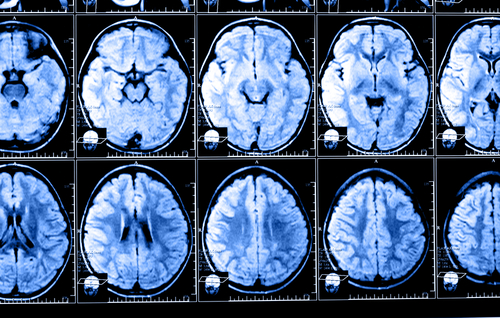You are here : health.am > Health Centers > Brain
Brain
How long should children play video games?
• Children's Health • • Brain • • Gambling addictions • Oct 12 16
A new study indicates that playing video games for a limited amount of time each week may provide benefits to children, but too much…
![]()
Belief about nicotine content in cigarette may change brain activity and craving
• Brain • • Tobacco & Marijuana • Sep 27 16
How the brain responds to nicotine depends on a smoker’s belief about the nicotine content in a cigarette, according to new research from the…
![]()
Electrical stimulation of deep brain structures to ease chronic pain
• Brain • • Pain • Apr 04 16
Abuse of prescription opioid medicines used to treat chronic pain has reached epidemic proportions, so much that the White House has announced new efforts…
![]()
Infrequent home computer use may be indicative of early cognitive decline
• Brain • • Aging and Gerontology • • Neurology • Mar 22 16
A new study sheds light on a powerful tool that may detect signs of Alzheimer’s disease before patients show any symptoms of cognitive decline:…
![]()
New insights into the molecular basis of memory
• Brain • • Neurology • Dec 17 15
The brain still harbours many unknowns. Basically, it is assumed that it stores experiences by altering the connections between brain cells. This ability to…
![]()
The Caregiver’s Guide to Alzheimer’s
• Brain • • Neurology • Dec 07 15
Unfortunately, the prevalence of Alzheimer’s has grown exponentially in recent years, affecting people across the globe. In fact, the United States alone has an…
![]()
Treating epilepsy and brain traumas by neurotransmitters
• Brain • • Cancer • • Neurology • Nov 16 15
Roustem Khazipov, Head of the group of researchers from Kazan Federal University and Aix-Marseille University, “Brain activity is based on both excitatory and inhibitory…
![]()
Men with Alzheimer’s gene at risk of brain bleeding, study finds
• Brain • • Neurology • • Psychiatry / Psychology • Nov 11 15
A common genetic variation, ApoE4, linked to Alzheimer’s disease greatly raises the likelihood of tiny brain bleeds in some men, scientists have found.
Scientists identify main component of brain repair after stroke
• Brain • • Stroke • Oct 28 15
Looking at brain tissue from mice, monkeys and humans, scientists have found that a molecule known as growth and differentiation factor 10 (GDF10) is…
![]()
Laser-based imaging tool could increase accuracy, safety of brain tumor surgery
• Brain • • Surgery • Oct 15 15
Brain tumor tissue can be hard to distinguish from normal brain during surgery. Neurosurgeons use their best judgment in the operating room but often…
![]()
Mexico City’s air pollution has detrimental impact on Alzheimer’s disease gene
• Brain • • Neurology • Sep 24 15
A new study by researchers at the Universities of Montana, Valle de México, Boise State, and North Carolina, the Centro de Ciencias de…
![]()
Increased chances for early detection of Alzheimer’s disease
• Brain • • Neurology • Sep 22 15
A method for detecting early signs of Alzheimer’s disease using amyloid PET imaging works as well as the previously used cerebrospinal fluid sample method.…
![]()
Brain damage during stroke may point to source of addiction
• Brain • • Neurology • • Stroke • Sep 08 15
A pair of studies suggests that a region of the brain - called the insular cortex - may hold the key to treating addiction.…
![]()
Do antipsychotic medications affect cortical thinning?
• Brain • • Drug Abuse • • Psychiatry / Psychology • Sep 03 15
People diagnosed with schizophrenia critically rely upon treatment with antipsychotic medications to manage their symptoms and help them function at home and in the…
![]()
The risk of cognitive impairment in children born prematurely may be predicted using MRI after birth
• Children's Health • • Brain • • Neurology • Sep 02 15
School age children who are born prematurely are more likely to have low mathematical achievement, thought to be associated with reduced working memory and…
![]()
Researchers use brain scans to predict response to antipsychotic medications
• Brain • • Psychiatry / Psychology • Aug 28 15
Investigators at The Feinstein Institute for Medical Research have discovered that brain scans can be used to predict patients’ response to antipsychotic drug…
![]()
‘Lazy eye’ may bully the brain into altering its wiring
• Brain • • Eye / Vision Problems • Aug 25 15
Colorful and expressive, the eyes are central to the way people interact with each other, as well as take in their surroundings.
Scientists show how exposure to brief trauma and sudden sounds form lasting memories
• Brain • • Neurology • Aug 24 15
Researchers at NYU Langone Medical Center have found how even brief exposure to sudden sounds or mild trauma can form permanent, long-term brain connections,…
![]()
Scientists adopt new strategy to find Huntington’s disease therapies
• Brain • • Neurology • • Psychiatry / Psychology • Aug 07 15
Scientists searched the chromosomes of more than 4,000 Huntington’s disease patients and found that DNA repair genes may determine when the neurological symptoms begin.…
![]()
Scientists identify that memories can be lost and found
• Brain • • Neurology • Aug 04 15
A team of scientists believe they have shown that memories are more robust than we thought and have identified the process in the brain,…
![]()
Specific cardiovascular risk factors may predict Alzheimer’s disease
• Brain • • Heart • • Psychiatry / Psychology • Jul 28 15
Specific cardiovascular risk factors, such as alcohol consumption, smoking, obesity and diabetes, are associated with smaller regional brain volumes that may be early indicators…
![]()
Sleep makes our memories more accessible, study shows
• Brain • • Neurology • Jul 27 15
Sleeping not only protects memories from being forgotten, it also makes them easier to access, according to new research from the University of Exeter…
![]()
New insights into the circuitry of PTSD and mild traumatic brain injury
• Brain • • Psychiatry / Psychology • • Trauma & Injuries • Jul 23 15
Posttraumatic stress disorder (PTSD) and traumatic brain injury (TBI) can have devastating consequences. Both are associated with high rates of disability and suicide,…
![]()
Stanford scientists see iron-containing inflammatory cells in Alzheimer’s brains
• Brain • • Neurology • Jul 21 15
Examining post-mortem tissue from the brains of people with Alzheimer’s disease, Stanford University School of Medicine investigators identified what appear to be iron-containing microglia…
![]()
MRI studies point to brain connectivity changes in autism spectrum disorders
• Children's Health • • Brain • • Psychiatry / Psychology • Jul 14 15
Studies using magnetic resonance imaging (MRI) techniques are beginning to reveal differences in brain connectivity—the ways that different parts of the brain are connected…
![]()




